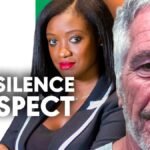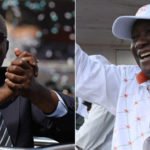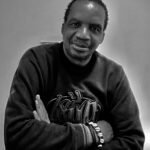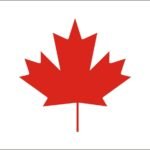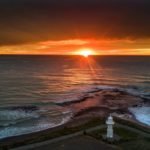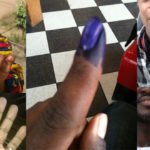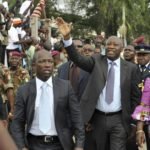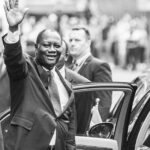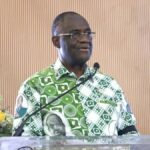ABIDJAN, Ivory Coast — Former South African President Thabo Mbeki tried to mediate the nation’s growing political crisis Sunday as hundreds protested in the country’s north, a day after both candidates in the disputed election said they were now president.
In the opposition stronghold of Bouake, several hundred people marched down a main boulevard, calling for incumbent Laurent Gbagbo to stand down. They chanted « Gbagbo, thief! » and carried signs including one that read: « Ten years in power, nothing good. »
The international community has recognized opposition leader Alassane Ouattara as the winner of the presidential runoff vote held one week ago. That, however, did not stop incumbent Gbagbo from defying calls to concede. On Saturday, he wrapped himself in the Ivorian flag as he was sworn in for another term at the presidential palace. Hours later, Ouattara told reporters that he too had been sworn into office.
The development effectively set up parallel governments and raised serious questions about who was actually in charge of Ivory Coast, which was split into two by a civil war eight years ago. Despite Ouattara’s international support, Gbagbo holds many of the key elements of power, including the army and the state media.
« The risk of violence between supporters of the two parties, as well as repression by Ivorian security forces against real or perceived supporters of Ouattara, is very high, » Corinne Dufka, senior West Africa researcher at Human Rights Watch, said.
The former South African president arrived in Ivory Coast’s main city of Abidjan on Sunday, according to aides for both candidates. He met with Gbagbo at his residence Saturday afternoon, said Augustin Gehoum, a Gbagbo aide.
At his swearing-in, Gbagbo renewed allegations that his supporters had been intimidated in the north, repeating the rationale used by the country’s constitutional council to throw out a half million ballots that were cast in Ouattara strongholds.
« You think that you can cheat, stuff ballot boxes and intimidate voters and that the other side won’t see what is going on, » Gbagbo said.
Ivory Coast’s long-awaited presidential election was meant to restore stability in what was once one of the most affluent countries in Africa. Instead, the election has cast a growing shadow as the country now faces two political rivals who each claim to be leading the country.
Gbagbo says he is the rightful winner of the runoff vote, citing the Ivorian constitution that gives ultimate authority on the issue to the country’s constitutional council, which declared him the winner.
However, Ouattara points to the 2007 peace deal, which states that the United Nations must certify the election results. The U.N. maintains the vote was credible, and that Ouattara won the presidential election.
The country was placed on lockdown immediately after the commission announced Ouattara’s win on Thursday, with a decree read on state TV saying the nation’s air and land borders had been closed. However, borders remained open in the country’s north, and residents there also were not observing the nationwide curfew.
Gbagbo’s five-year mandate expired in 2005 and the country’s first election in a decade was delayed multiple times. He claimed first that the country was too volatile and that security could not be assured. He later cited technicalities like the composition of the voter roll.
The election went ahead in October but then headed to a runoff vote last Sunday. The country’s election commission announced Thursday that Ouattara had won. However, new results released Friday on national television by a Gbagbo loyalist who heads the constitutional council said that the incumbent president had in fact been re-elected.
A former International Monetary Fund economist, Ouattara became the icon of Ivory Coast’s downtrodden immigrant community in a nation that became a magnet in the region because of its prosperity. Ouattara, born in the north, had been prevented from running in previous elections after accusations that he was not Ivorian, and that he was of Burkinabe origin.






